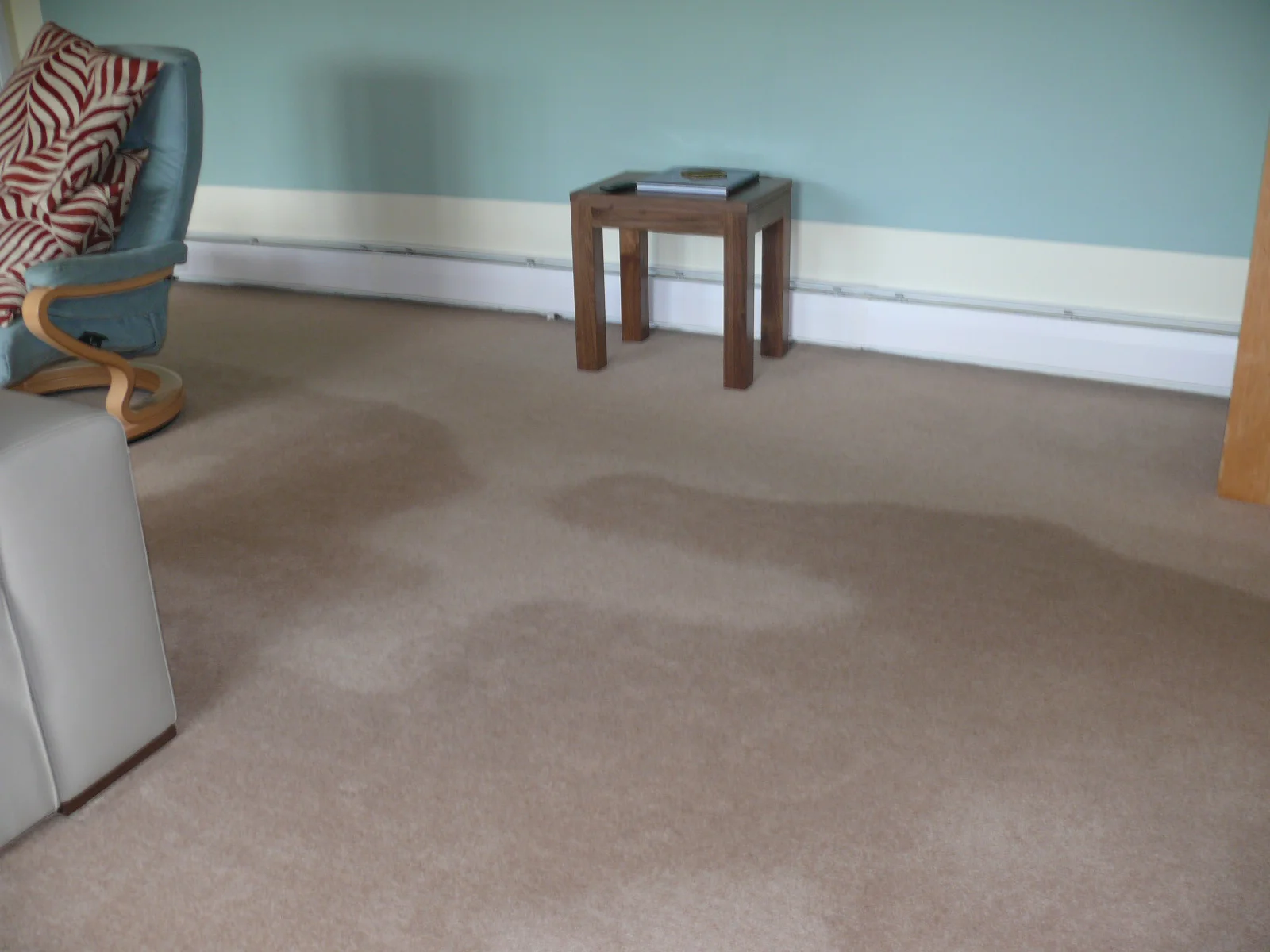So, what's the question?
/First published in Interiors Monthly October 2015
There’s only one question that needs to be answered when you are dealing with a complaint. It’s a simple one, and you don’t need a degree in furniture making or floorlaying to be able to answer it. But you do need first-hand knowledge that you won’t get while you’re working in your shop or warehouse, and you won’t get by sending someone else and listening to their opinion when they report back to you. You’ll need to go to the customer’s home and have a look for yourself, but that will be worthwhile use of your time because it will resolve the issue most quickly and it will improve your knowledge and understanding as you deal with new and potential customers.
It’ll be very tempting, of course, to send someone else. After all, they may be more experienced than you are. Or you may be too busy. Or you may be afraid the customer will be difficult to deal with. Or it’ll be so much easier/quicker just to get the manufacturer to send someone to look. Or you haven’t been trained to do home visits. Or [insert your own excuse here]. If you’re tempted, simply take them with you so you can learn from them. But if you’re responsible for resolving the complaint, don’t send them without you.
When I worked for a major national floorcoverings retailer we made it company policy for the store manager to do a home visit for every product complaint. It was not easy to enforce, but if a manager rang for help resolving a difficult complaint we always asked if they’d been out and, if not, insist that they did, so they could talk to us with direct knowledge and not someone else’s opinion. It made a huge difference and Managers quickly learned that a short visit usually meant a resolved complaint without the need to refer the issue, and they each asked the same question every time they went out and based their response to the customer on the answer they came up with.
There are independent experts who can help with the more difficult or less common issues, or where a customer won’t accept your opinion (usually a result of the way a complaint has been handled rather than because of the issue they’ve complained about). They’ve only gained their experience and expertise by visiting complaints themselves, and they’ve used the same benchmark question to help them assess and advise on every issue.
So, what’s the question?
If I was the customer and this was my home, would I be happy with this [insert name of product here]?
A home visit will give you valuable information about the product, the customer, and the environment in which the product has been used. Armed with that information – which is more than the customer will share with you in store, you can make an informed and rational decision. What’s more, even if you have to reject the complaint the customer will feel you’ve taken their complaint seriously and have first-hand knowledge of their issues. They’re more likely to be in a relaxed and receptive frame of mind. At the very least, the customer won’t be able to respond “Well, how do you know, you’ve not seen it?”


